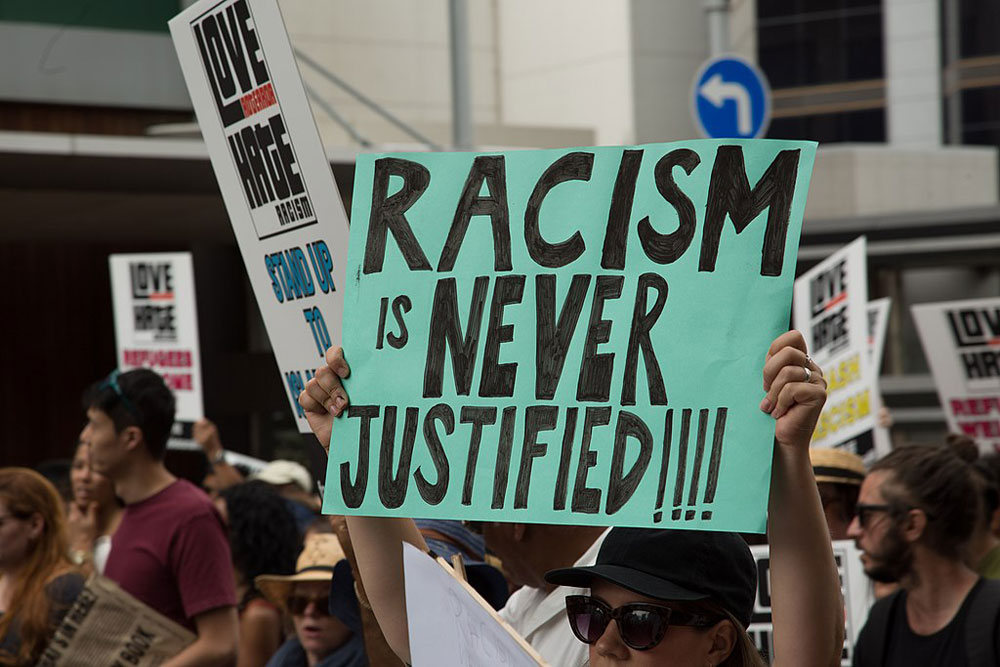
June 12, 2020; Guardian
Public recognition of COVID-19’s disparate toll on Black communities, layered atop unceasing police aggression, has advanced a collective understanding of racial violence that must now be used to rebuild frameworks addressing community health and safety. In many cases, the most work is being done at the local level.
The Guardian reports that the city councils of Cleveland, Denver, and Indianapolis have declared racism a public health crisis, as have officials in San Bernardino County, California, and Montgomery County, Maryland.
“Even as an elected official, when I’m driving, when the police drive up behind me—I feel a sense of nervousness that comes over me,” said Basheer Jones, a Cleveland council member who introduced legislation declaring racism a health crisis.
“The trauma of seeing your children, your sons, your daughters, your wives being killed, in living color—that kind of stress…also plays a part in the ailments that affect our bodies.”
Sign up for our free newsletters
Subscribe to NPQ's newsletters to have our top stories delivered directly to your inbox.
By signing up, you agree to our privacy policy and terms of use, and to receive messages from NPQ and our partners.
San Bernardino pastor Samuel Casey says, “In some of our neighborhoods, kids are birthed into the generational trauma of slavery, and they’re traumatized by systemic oppression.” These problems are chronic, of course, and have been supported by any number of society’s institutions over 400 years. With the resolutions being taken largely symbolic, how will all of that play?
Understanding this means elected officials and their community partners must ask themselves how the systems to which they belong contribute to health or illness. This has led, for instance, the city of Somerville, Massachusetts to not only declare a health emergency but to withdraw from a federal defense department program that provides military weapons to police departments.
“Our officers are not soldiers on a battlefield,” says Mayor Joseph A. Curtatone, “and they should not be equipped with military-grade gear and weapons. Militarizing the police makes it difficult for residents to feel safe approaching and interacting with officers, increases risk, and sets an overall hostile, confrontational tone.”
Somerville has also signed onto the 10-point plan of US Representative Ayanna Pressley (D-MA). It is also examining ways to extricate itself from larger policing systems, freeing it to make more and better use of a citizen’s oversight board. This may include severing its relationship with the civil service system in the state.
“We need to bring new voices and perspectives into the oversight and rank-and-file of the police department. This committee will play a critical role in establishing and maintaining trust between the community and the police. It will also provide independent guidance on critical policy questions, like how to best address the state’s outdated civil service law, which has interfered with some of our efforts to achieve greater diversity in our police force and command staff,” said Mayor Curtatone. “If we’re serious about advancing compassionate and unbiased policing, everything has to be on the table.”—Ruth McCambridge













